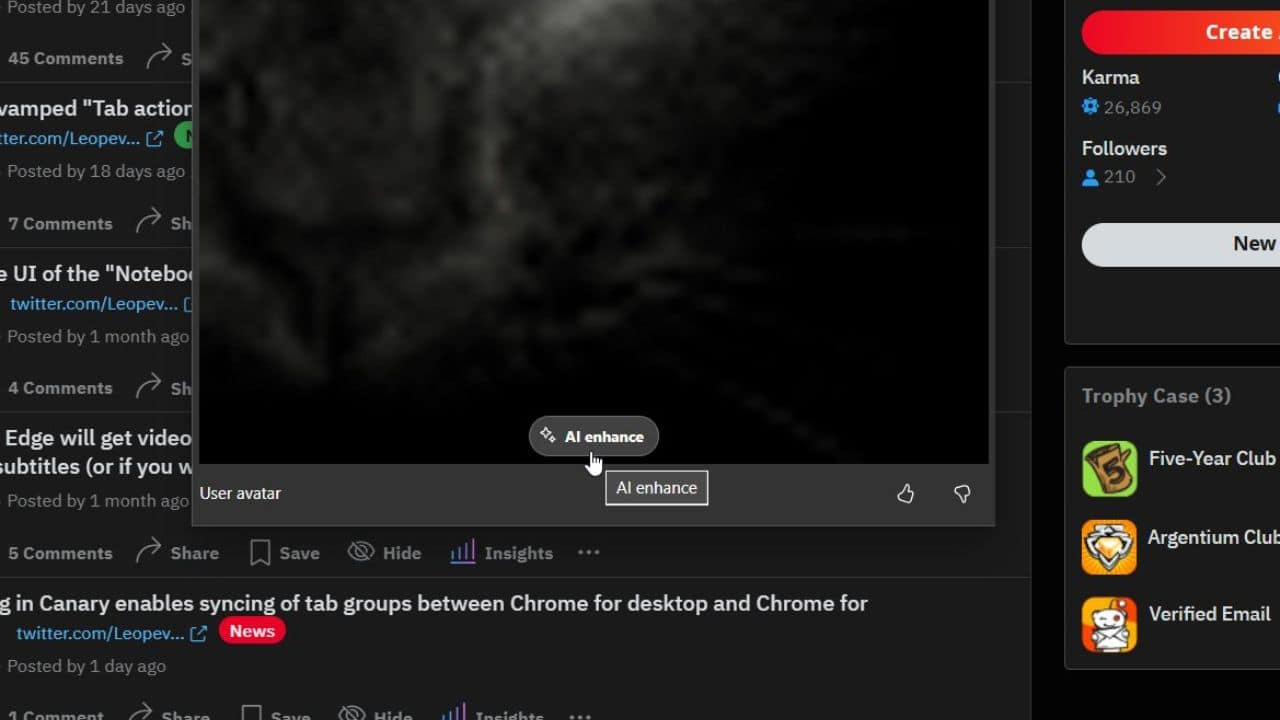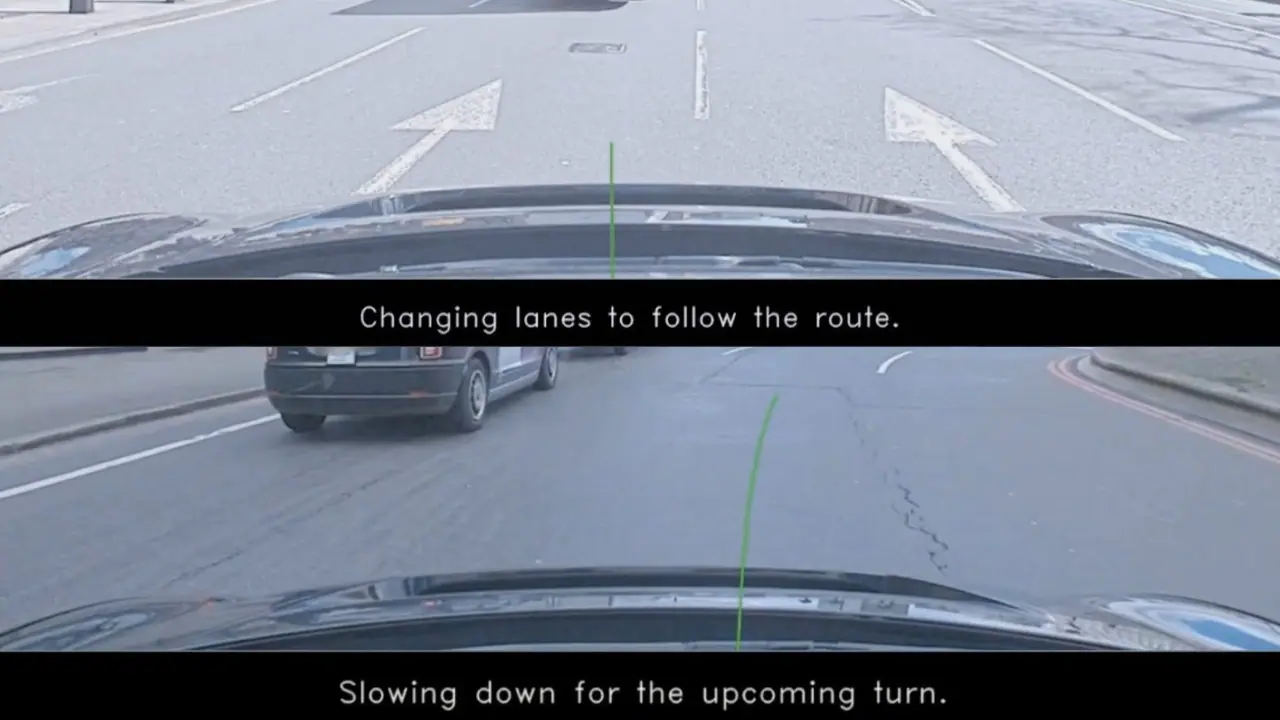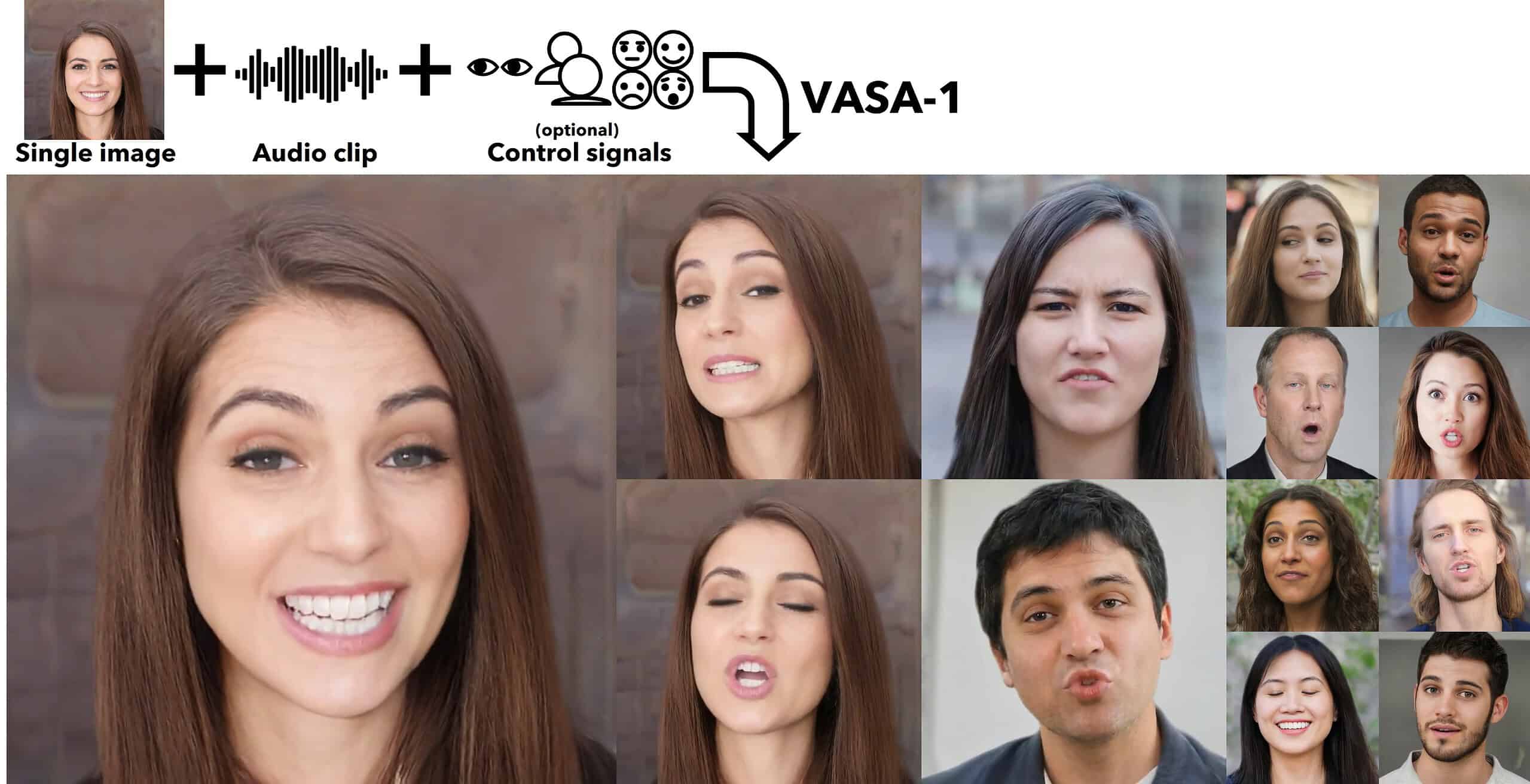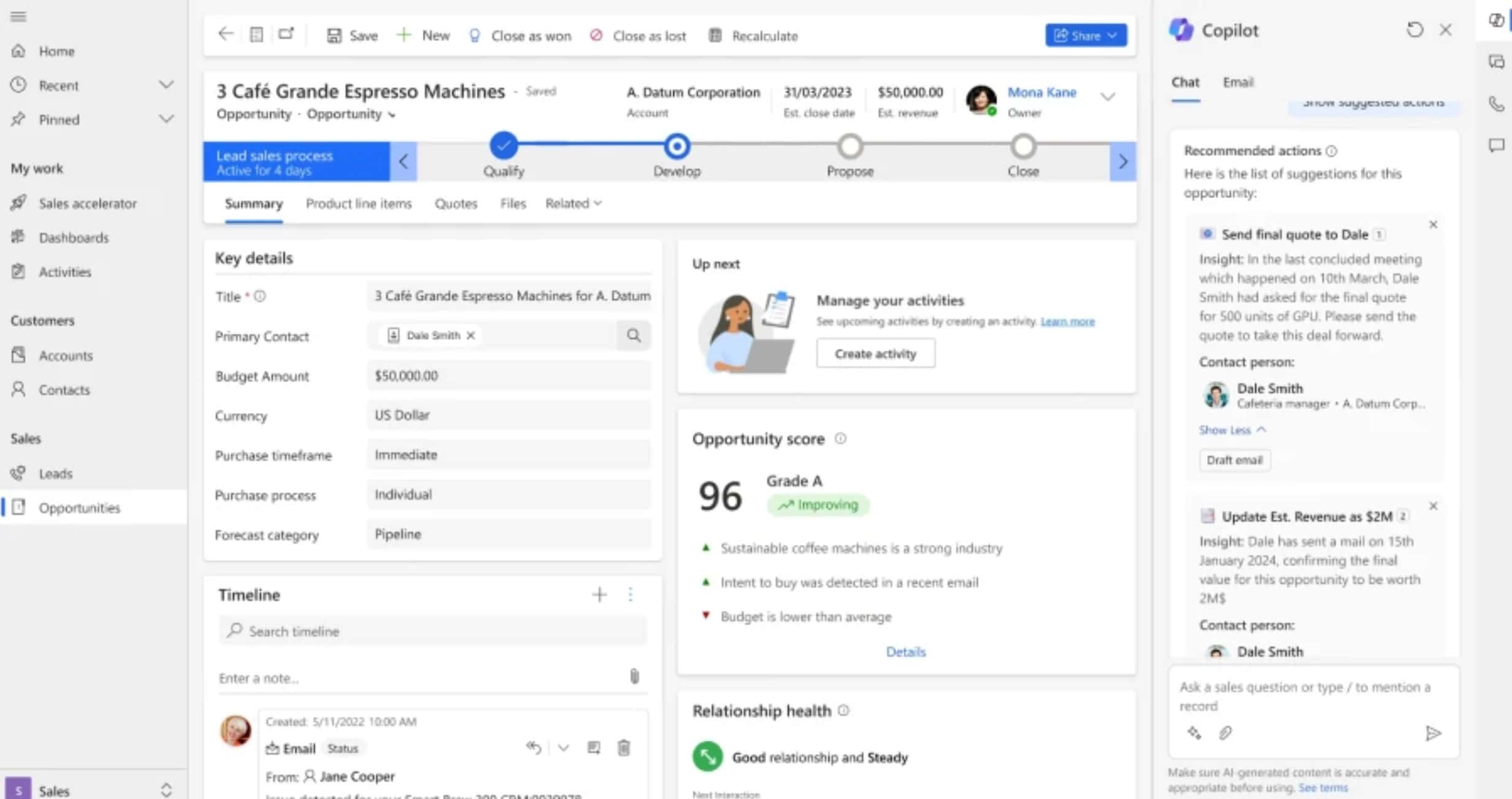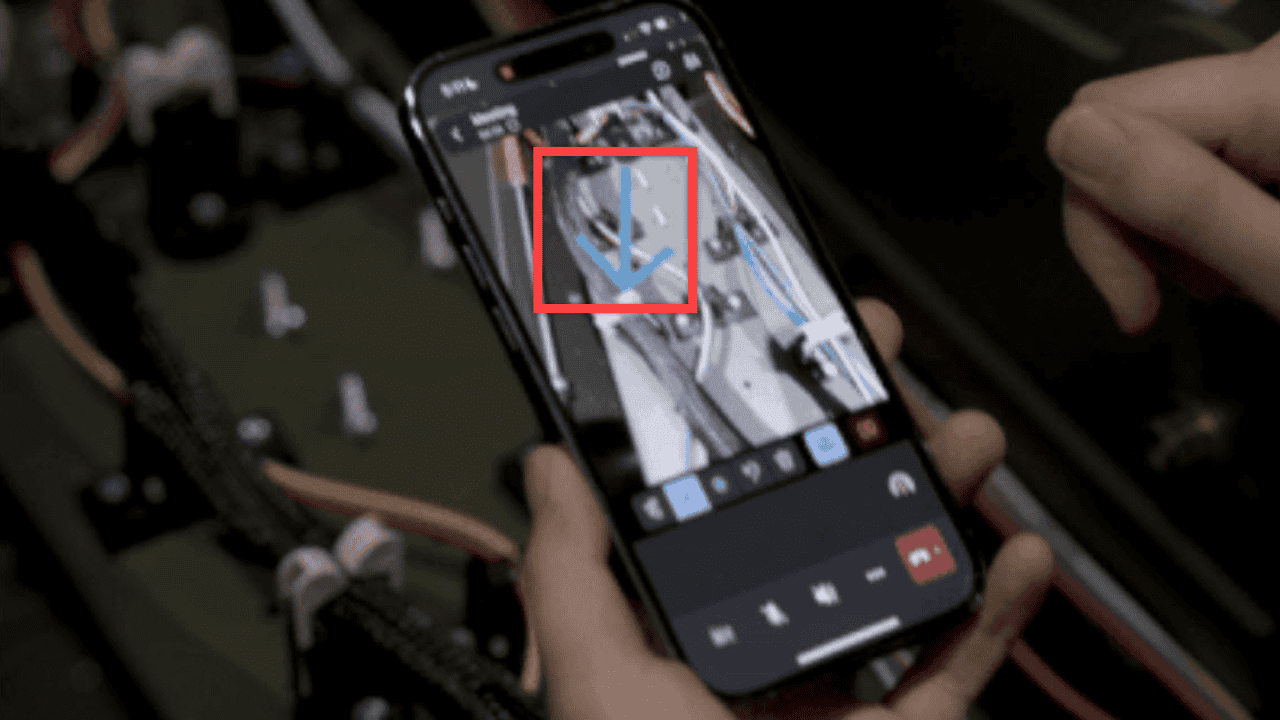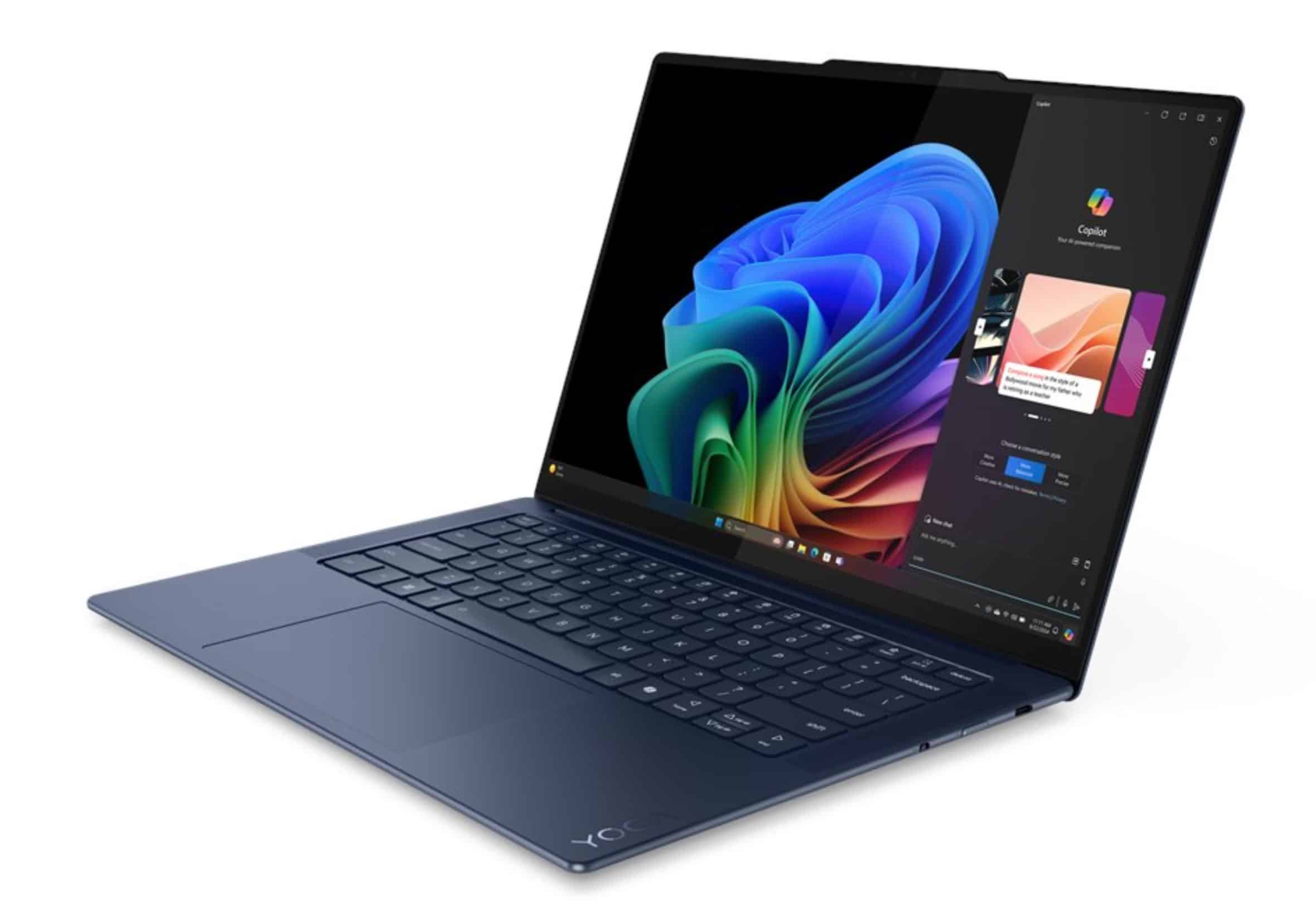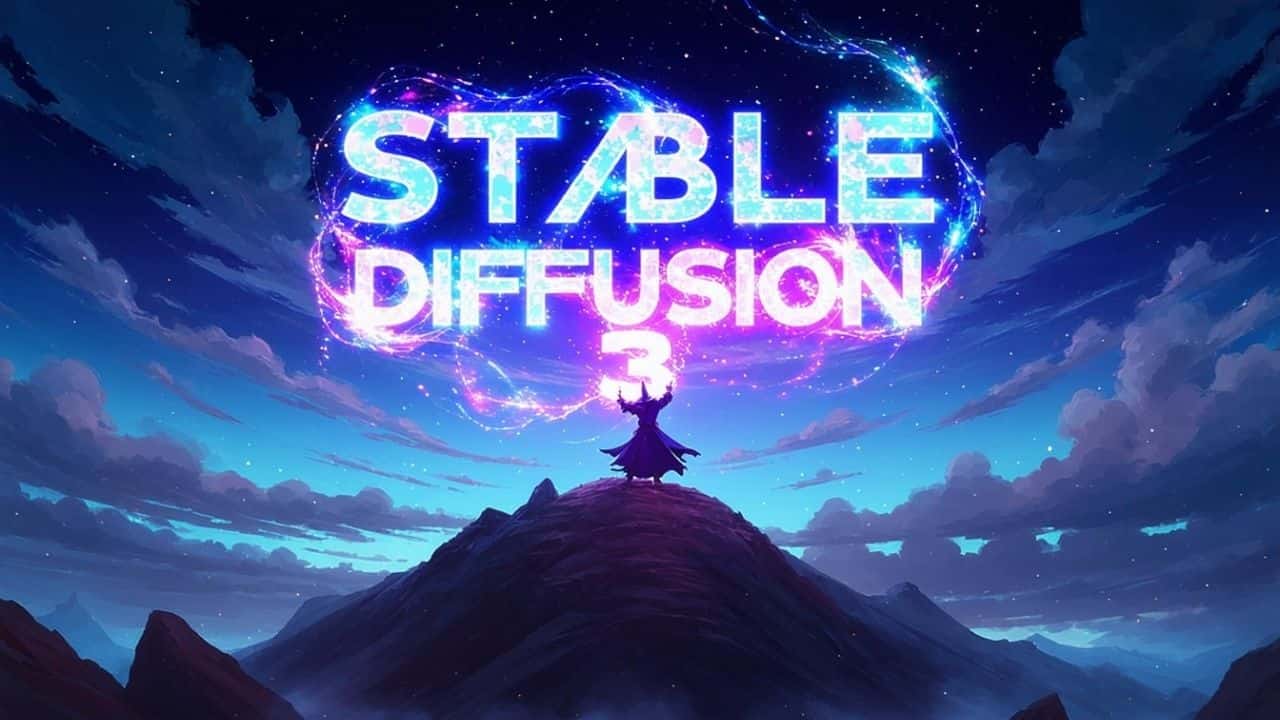Analyst suggests Wintel will energize the VR market
2 min. read
Published on
Read our disclosure page to find out how can you help MSPoweruser sustain the editorial team Read more
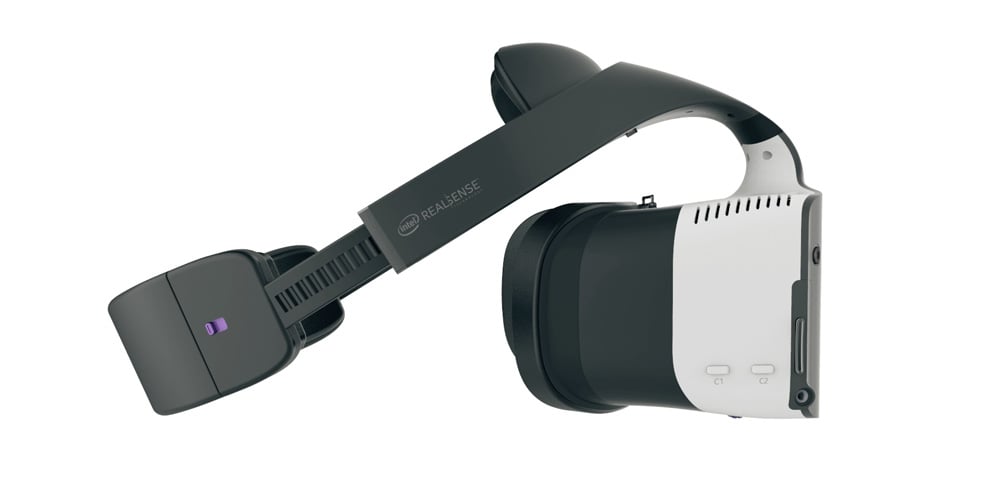
Writing on Venturebeat, analyst Jack Gold of IT analyst company J.Gold Associates predicted that the marriage of Microsoft and Intel’s mixed reality efforts will bring VR to mainstream acceptance and lead to the creating of a large VR ecosystem as early as next year.
Gold was referring to Intel’s recent announcement of Project Alloy, their reference design for a VR headset which uses their RealSense 3D sensors and Intel Core processors to create a high performance VR system, and Microsoft’s support for the venture with the folding in of Windows Holographic, the platform for the HoloLens, into all versions of Windows 10.
Announced by Intel’s CEO Brian Krzanich at Intel Developer’s Forum in San Francisco, Gold expected the reference design will see 10-15 designs of Project Alloy derived VR devices in market within the next year and competing platforms ultimately being sidelined.
He noted the advantages of the Microsoft/Intel platform was that standards bring increased investment and deployment which will ultimately make products available to users at lower cost and with better features/functions while creating a critical mass around which a full ecosystem can ultimately explode. He also expected it will expand the market beyond gaming to include a myriad of business-oriented and consumer-friendly solutions.
He writes:
I expect this announcement will energize the world of VR over the next 2-3 years and create a burgeoning marketplace. This will force early device makers (e.g., Oculus, Epson) to pivot over the next 1-2 years, as proprietary designs will capture a limited market relegated to specialty solutions.
If the platform achieved the adoption he predicts he expects an aggressive growth spurt building out a hardware/software ecosystem that will make VR affordable and achieve mass market penetrations, both for consumer and business users.
25 years ago Microsoft and Intel together tamed the wild PC market, but while Gold’s analysis is compelling, and Microsoft and Intel are both well resourced, the two companies have never faced competitors as rich and persistent as Google and Facebook, who both already have their own VR platforms, and Apple, who is believed to be working on one. It is not clear if merely having a free, open and stable ecosystem will be enough to succeed.
Do our readers think Wintel can do it again? Let us know below.

